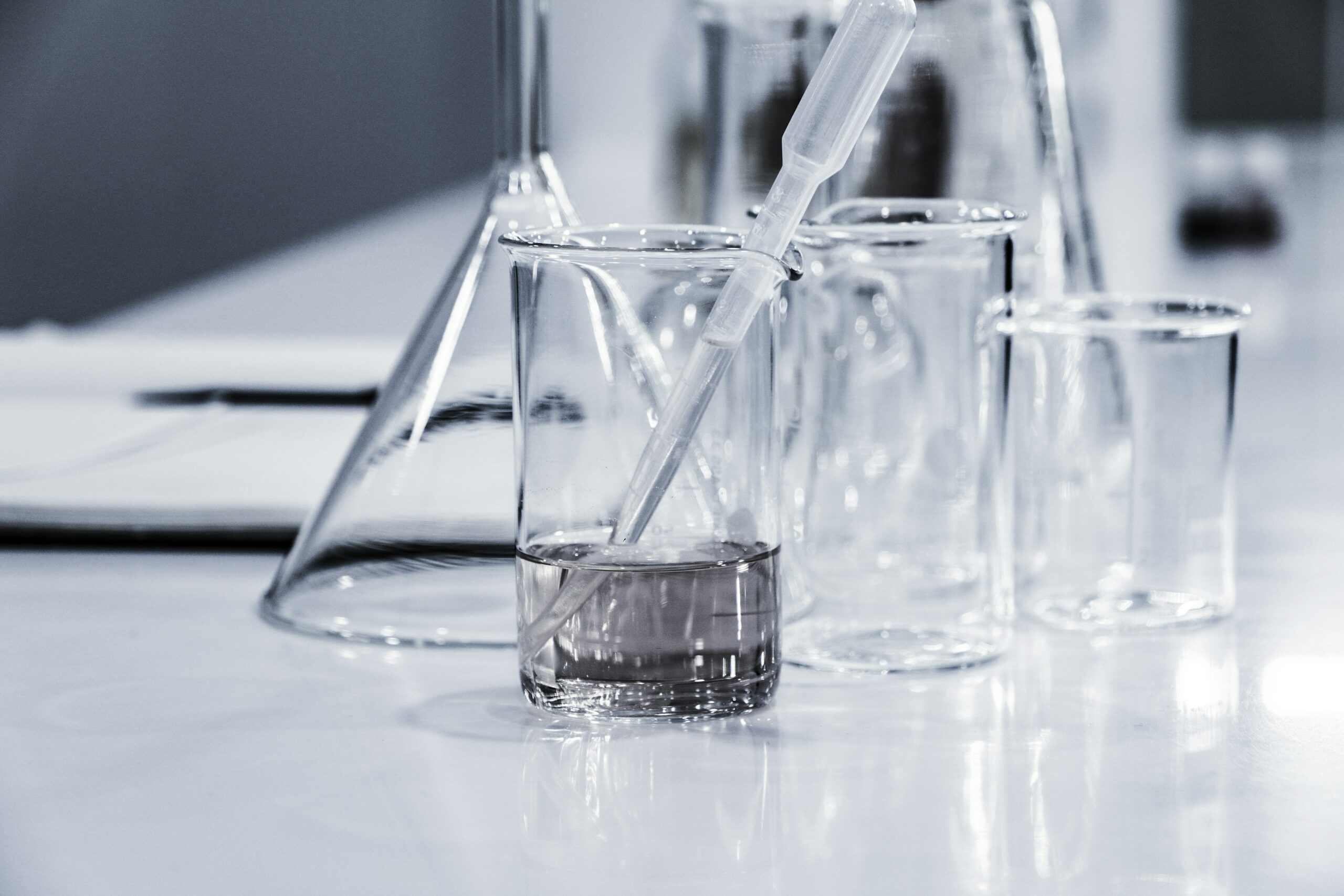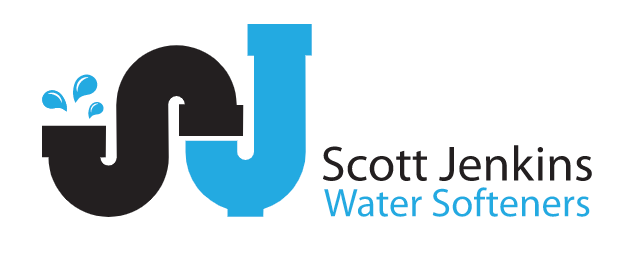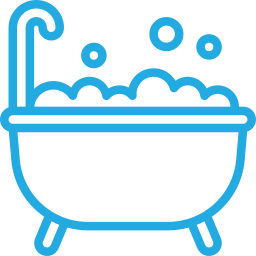How to reduce health risks from PFAS chemicals – Six Wellness Tips
Short story | Full story | Conclusion
- Top priority – filter your drinking water
- Avoid PFAS in food and food wrapping
- Avoid stain resistant or waterproof products
- Reduce PFAS around the house and in clothing
- Minimise exposure to PFAS in cosmetics, lotions and dental floss
Harmful PFAS chemicals are everywhere – in the air, in food and food packaging, in cosmetics and clothing and – worst of all – the mains water supply. Here we’ve itemised six key areas where you are likely to be most exposed to PFAS, which is known to cause numerous, harmful health issues.
Above all, water filtration should be your top priority. Having a reverse osmosis filtration system or activated carbon filters installed in your property is the best way to avoid ingesting tap water, which is known to contain plenty of PFAS.
Also, keep away from non-stick cookware, waterproof and stain-resistant products and watch out for labelling on cosmetics, lotions and even dental floss where the ingredients begin with the word “fluoro.”

The full story
It’s impossible to completely avoid PFAS chemicals. Linked to numerous serious medical issues, there are literally thousands of types of these man-made nasties, that silently impact our daily lives.
PFAS (short for per- and polyfluoroalkyl substances) are everywhere and in everything – from food packaging to stain-resistant carpets, from clothing fibres to shoe polish. Most worryingly of all, it’s in OUR WATER SUPPLY.
Whilst the government, its health tsars and water companies up and down the land pontificate about taking meaningful action, there are various measures that we can all take to reduce our exposure and protect our health from these dangerous chemicals.
Filter your Water
The number one recommendation is to filter your water that comes from the main supply, so that you drink filtered water as much as possible. This is because PFAS is widespread in the water flowing through our taps and you don’t want to be ingesting it. As for bottled water, this isn’t necessarily any better than tap water, as it isn’t likely to have been tested for PFAS.
Reverse osmosis and granular activated carbon filters are the best way to weed out PFAS completely.
Select Healthy Cookware
Avoid non-stick cookware. It might be convenient to use and clean – but all that convenience comes at a cost. It’s coated with PFAS. When cooking with non-stick frying pans, PFAS chemicals can get into the air and might also migrate into the food. So, next time you have a fry-up, avoid non-stick. Also, stay away from cooking utensils coated with PFAS. Instead, where possible, cook with cast iron, high quality stainless steel, enamel, glass dishes or ceramic pans.
Cook at home more, eat out less
People eating out are likely to have greater exposure to PFAS than those who generally cook at home. According to findings in the US from the extensive National Health and Nutrition Examination Survey between 2003 and 2014, there were five specific PFAS that were more prevalent in the blood of people who consistently dined out, compared to those who cooked for themselves. Fast food and pizza outlets were considered the worst places – with women apparently showing greater effects than men. Eating at home gives you far greater control over the quality of what you eat
and how you prepare the food.
Scientists have also found that PFAS is often present in food packaging and containers because it makes them resistant to oil, water and grease. For this reason, it’s recommended to reduce the length of time food is kept in one container or under the same wrapping – especially if you are refrigerating food for later use. And when food is being heated, transfer it first to a glass or ceramic container.
Stay clear of stain-resistant or waterproof products
Be a smart shopper. Where possible, stay clear of clothing that contains labels such as “waterproof” or “water repellent”. Choose natural fabrics and fibres, where possible. Stain and water-resistant products can contain PFAS, examples being tablecloths, rugs and sofas, as well as outdoor apparel.
Experts recommend skipping stain-resistant coatings or sprays for furniture, shoes and clothing. For products like moisturisers, sunscreen, eye drops or lipstick, check the ingredients for anything that starts with “fluoro.” Experts say they’re all likely to contain PFAS.
Reducing PFAS at home and in clothing
Given that PFAS are present in many household items, like stain-resistant carpets and upholstery, from these surfaces they can easily transfer particles into the air.
Experts recommend wiping surfaces with a damp cloth instead of dry dusting. Use vacuum cleaners with HEPA filters.
Avoid PFAS in cosmetics, lotions and dental floss
Scientists are discovering that lots of personal care products like cosmetics, lotions and even dental floss contain PFAS. It’s not entirely clear how much PFAS can enter the body through skin – certainly not nearly as much as in water or foods. It’s believed that children are more susceptible, however, because their skin is more porous.
Conclusion
If you are concerned that you may be exposed to PFAS in your water supply, talk to SJ Water Softeners today about purifying your drinking water system. We offer a comprehensive range of cost-effective carbon filter and reverse osmosis water treatment systems. We are one of the leading suppliers of water filtration and purification systems in the south of England, covering West Sussex, East Sussex, Surrey, Hampshire and Dorset.
For additional reading on the subject, the links below may be of interest:
Cleaning up UK drinking water | PFAS (rsc.org)
The UK’s plans for tackling PFAS pollution – are they good enough? (chemtrust.org)
To reduce PFAS levels in food, cook at home – PFAS Central
If you have any concerns about the effects of hard water on your household, we can provide tailor-made solutions to suit your lifestyle and budget. Scott Jenkins Water Softeners are one of the leading water softener companies in the south of England – with coverage across West and East Sussex, Surrey, Hampshire and Dorset. For all installation and maintenance enquiries about water softener products, filters and accessories, contact SJ Water Softeners on 01243 607494 or email: scott@sjbs.info










